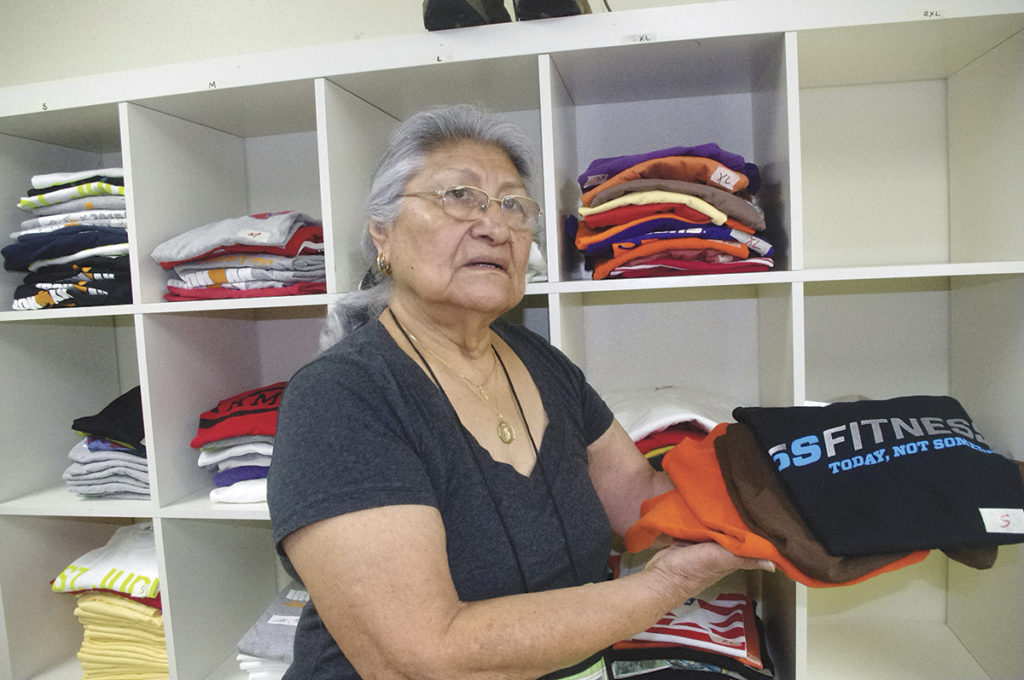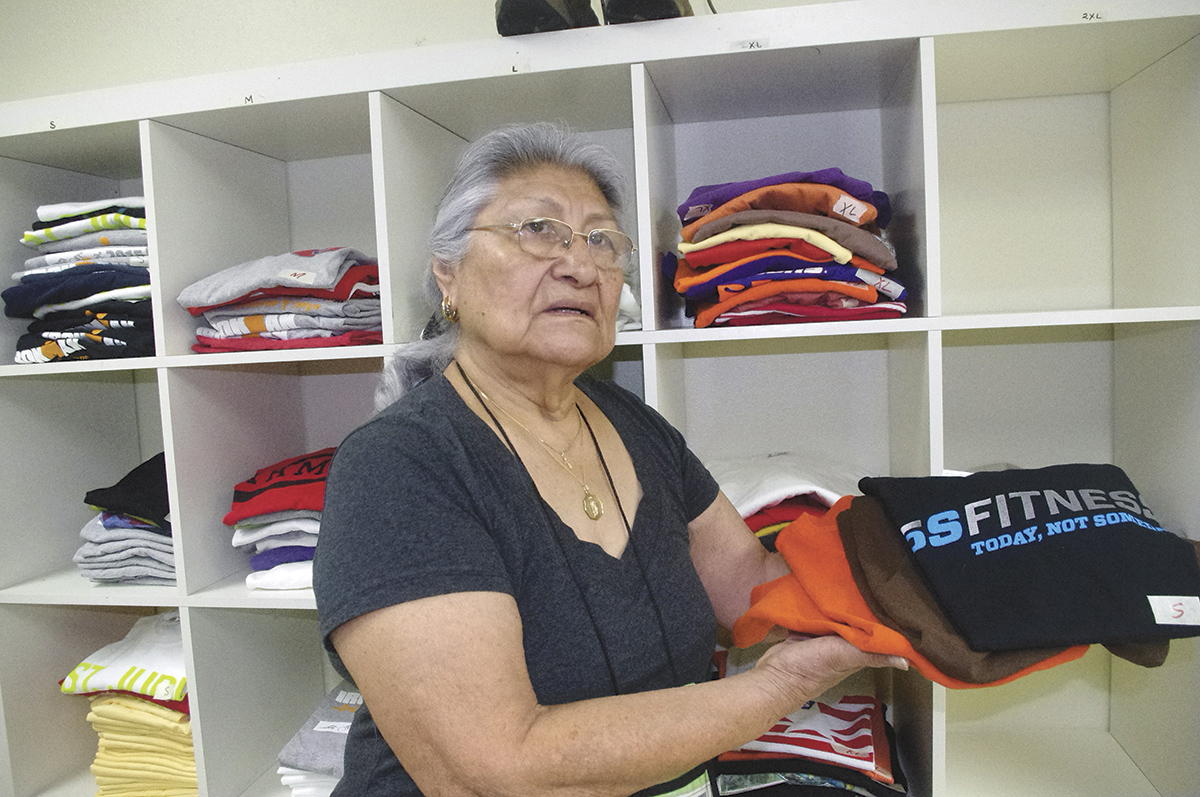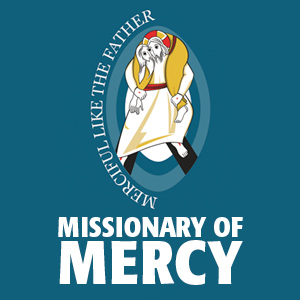
In recognition of the Jubilee Year of Mercy declared by Pope Francis, every month The Catholic Sun will feature a “Missionary of Mercy” who exemplifies one of the corporal or spiritual works of mercy.
Practical ways to clothe the naked
- Donate clothing for any age/size to the St. Vincent de Paul Society
- Give maternity/baby clothes and diapers to pro-life operations such as First Way, Aid to Women Center and Life Choices Women’s Clinics
- Collect interview/work attire for St. Joseph the Worker’s main campus and mobile success unit
- Provide clothing for indigent patients discharged from hospitals and Circle the City
Growing up in Phoenix as one of 10 children, Aurora Hernandez experienced firsthand the struggles of poverty. Her father worked for a meat company, and she and her siblings shoveled manure and cleaned out the animal pens. Her mother made dresses for the girls out of old flour sacks.
“We ran around barefoot in the summer because we just didn’t have shoes,” Hernandez said. “I remember helping my mother make bars of soap because we washed on the board.”
A lifelong Catholic, Hernandez has spent seven years helping the homeless and poor who visit the St. Vincent de Paul Society’s main campus in South Phoenix. On Thursdays, she greets the large crowd who wait inside the lobby. One by one, they visit her cubicle for an intake interview.
On a hot afternoon, a gaunt-looking young woman with a dark ponytail who calls herself Mikey sits as Hernandez goes through a series of questions. Her legal name is actually something else entirely, but Hernandez is unfazed.
“The last check I wrote was for a million dollars,” the woman tells Hernandez. “If somebody knew my dad they could call him. He’s famous. I’m not really homeless. Those people kidnapped me.”
“Oh my,” Hernandez responds mildly. She’s heard this kind of thing before. “Drugs,” she tells The Catholic Sun. “All you can do is just lend them a shoulder because sometimes all they want is someone to talk to.”
“Can I get a blanket?” the woman asks, her eyes downcast. She begins to smile at one point, but then covers her mouth with her hand to hide her crumbling teeth.
After the intake interview, it’s off to the showers. Hernandez stands in the room where row upon row of clean clothes are neatly stored in partitioned shelves.
“They get a fresh shirt, socks and underwear once a week and pants once a month. And we also give laundry soap,” Hernandez said. “We go out there with two T-shirts, a light and a dark, and we ask them, ‘Which do you prefer?’
“They come here and they say, ‘I can interview at this job if I can get cleaned up.’ They get cleaned up and they go out the door and they smile when they see you. It makes you feel good.”
The homeless, Hernandez said, feel as though they are invisible, untouchable. Hernandez breaks through by simply acknowledging them and asking questions. Their clothes, she says, are often stiff from sweat and grime.
“It’s hard to breathe because they smell bad, but you don’t want to hurt their feelings. Because they know.”
One day, she said, a man started screaming in the shower. “The ladies here ran to help him,” Hernandez said. “He was screaming because he had maggots.”
The Our Lady of the Valley parishioner said she leaves the St. Vincent de Paul Society’s campus each week with a feeling of accomplishment. “We’re doing God’s work here,” Hernandez said. “Somebody has to lend a hand.”








